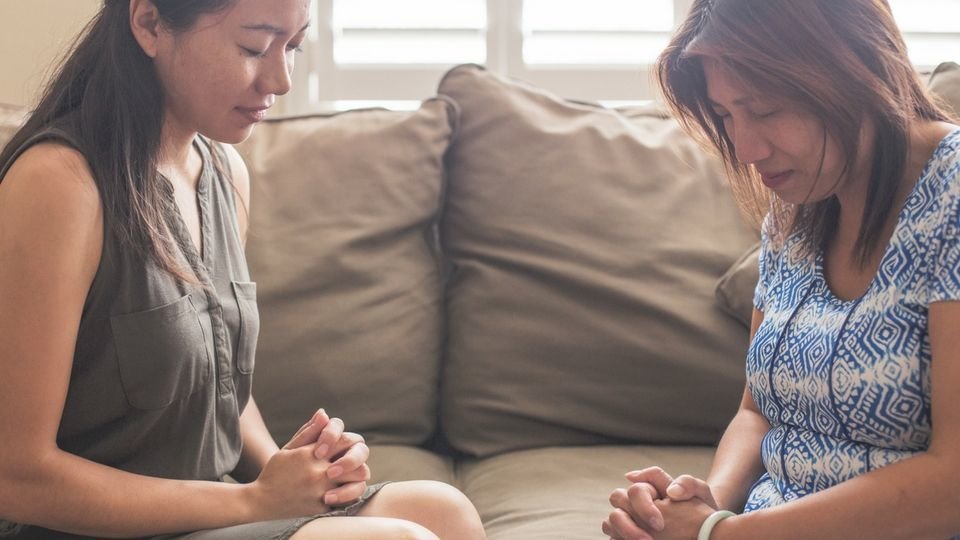Domestic abuse is a serious issue that affects many people, and the law plays a vital role in protecting victims and holding abusers accountable. Domestic abuse legal rights are designed to safeguard victims, provide protection, and help them navigate the complex legal system. These rights ensure that individuals who are being abused have the necessary tools to seek justice, get help, and rebuild their lives. In this article, we’ll explore the key legal rights available to victims of domestic abuse.

1. Right to Protection Orders
One of the most important legal rights for victims of domestic abuse is the ability to obtain a protection order, also known as a restraining order or no-contact order. This is a legal document that prohibits the abuser from contacting or coming near the victim.
Key points about protection orders:
- Protection orders can be temporary or permanent, depending on the situation.
- They can include provisions such as no physical contact, no communication via phone, email, or social media, and staying a certain distance away from the victim.
- Violating a protection order can result in legal consequences for the abuser, including arrest or criminal charges.
A protection order gives the victim legal assurance that the abuser must stay away, providing both emotional and physical safety. Victims can apply for a protection order even if they are not yet filing criminal charges.
2. Right to Report Abuse and Seek Legal Action
Victims of domestic abuse have the legal right to report the abuse to law enforcement and seek criminal charges against the abuser. Law enforcement agencies are responsible for investigating allegations of abuse and bringing charges if necessary.
Steps to take when reporting abuse:
- Call the police to report the abuse and provide as much detail as possible, including any physical injuries, threats, or other evidence.
- If the abuse is severe or ongoing, the police may arrest the abuser and begin a criminal investigation.
- Victims can also file charges in civil court if they want to pursue legal action outside of the criminal justice system.
In many jurisdictions, domestic abuse laws are designed to protect the victim and hold the abuser accountable, regardless of whether the victim is willing to testify or press charges. This ensures that abusers cannot escape justice due to fear or manipulation of the victim.
3. Right to Custody and Visitation Rights
In cases involving children, victims of domestic abuse have legal rights regarding custody and visitation. The courts will prioritize the safety and well-being of the child when determining custody arrangements, especially in cases of domestic violence.
Key custody rights for abuse victims:
- If the abuser poses a danger to the child, the victim can request full custody or supervised visitation for the abuser.
- Courts may restrict or supervise visitation to ensure that the child is safe.
- In some cases, the abuser may be required to complete parenting classes or domestic violence counselling before being granted visitation rights.
These custody and visitation decisions are designed to protect children from exposure to further abuse and ensure that they are placed in a safe and stable environment.
4. Right to Access Support Services
Victims of domestic abuse have the right to access support services such as shelters, counselling, and legal aid. These services are designed to help victims escape the abuse, recover from trauma, and navigate the legal process.
Support services available to victims include:
- Domestic violence shelters: Safe places where victims can stay temporarily while they make arrangements to leave the abuser or rebuild their lives.
- Counseling and therapy: Emotional support and therapy programs to help victims recover from the psychological and emotional effects of abuse.
- Legal aid: Assistance from attorneys or legal organizations that provide free or low-cost legal services to help victims obtain protection orders, navigate custody issues, or pursue criminal charges.
Many communities offer resources to help victims of abuse, making it easier for them to escape dangerous situations and find safety.
5. Right to Financial Support
Domestic abuse victims may face financial difficulties, especially if the abuser controls the finances or if the victim is forced to leave without financial resources. In many places, victims have legal rights to financial support during and after the abuse.
Financial support options include:
- Temporary financial assistance to help victims cover housing, food, and other basic needs while they get back on their feet.
- Alimony or child support if the victim and abuser were married or have children together.
- Access to financial resources such as bank accounts, government benefits, or housing assistance.
These financial protections can help victims regain independence and reduce their reliance on the abuser.
6. Right to Seek Compensation for Injuries
In some cases, victims of domestic abuse may be able to seek compensation for the physical and emotional injuries caused by the abuse. This may involve filing a personal injury lawsuit against the abuser or seeking compensation through state or federal crime victim compensation programs.
Ways victims can seek compensation include:
- Filing a personal injury lawsuit if the abuse resulted in physical injury, trauma, or long-term emotional harm.
- Seeking compensation from government programs that offer assistance to victims of violent crime.
- Requesting damages for medical expenses, therapy costs, lost wages, and pain and suffering.
Compensation can help victims recover from the financial burden caused by the abuse, including the cost of medical bills or therapy.
7. Right to Stay in the Family Home
In some cases, victims of domestic abuse have the right to stay in the family home and may be able to evict the abuser. This is particularly important when the abuser tries to force the victim to leave or take over the residence.
Key points about staying in the family home:
- In many cases, a protection order can give the victim the right to remain in the home, while the abuser is ordered to leave.
- If the victim and the abuser jointly own the home, the victim may be able to seek a court order to have the abuser removed.
- The victim may also have the right to change the locks and secure the home to prevent further contact with the abuser.
This right is essential for victims who need a safe place to live while they make plans to escape the abuse and rebuild their lives.
8. Right to Privacy and Confidentiality
Victims of domestic abuse have the right to privacy and confidentiality when seeking help. This includes ensuring that their personal information is kept safe and that they are not forced to disclose sensitive details about their situation without their consent.
Privacy protections include:
- Confidentiality in legal proceedings, where the victim’s identity and personal details are protected.
- Privacy in shelters, therapy sessions, and other support services to prevent the abuser from finding the victim.
- Legal protections against retaliation, including ensuring that the abuser cannot intimidate or harm the victim for seeking help.
These privacy rights help victims feel secure in reaching out for support and legal assistance without fear of retribution.
Conclusion
Victims of domestic abuse have a range of legal rights designed to protect their safety, well-being, and dignity. These rights ensure that victims can seek justice, access support, and regain control over their lives. Whether it’s obtaining a protection order, pursuing custody rights, or accessing financial assistance, the legal system offers tools to help victims escape abuse and rebuild their lives. If you or someone you know is experiencing domestic abuse, it is important to seek legal help and utilize the rights available to protect yourself and your family.




